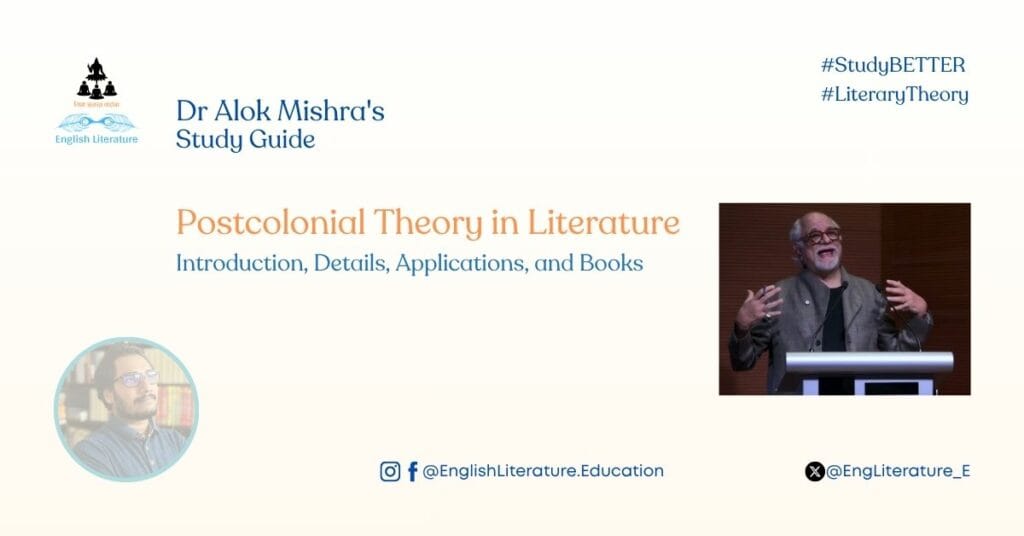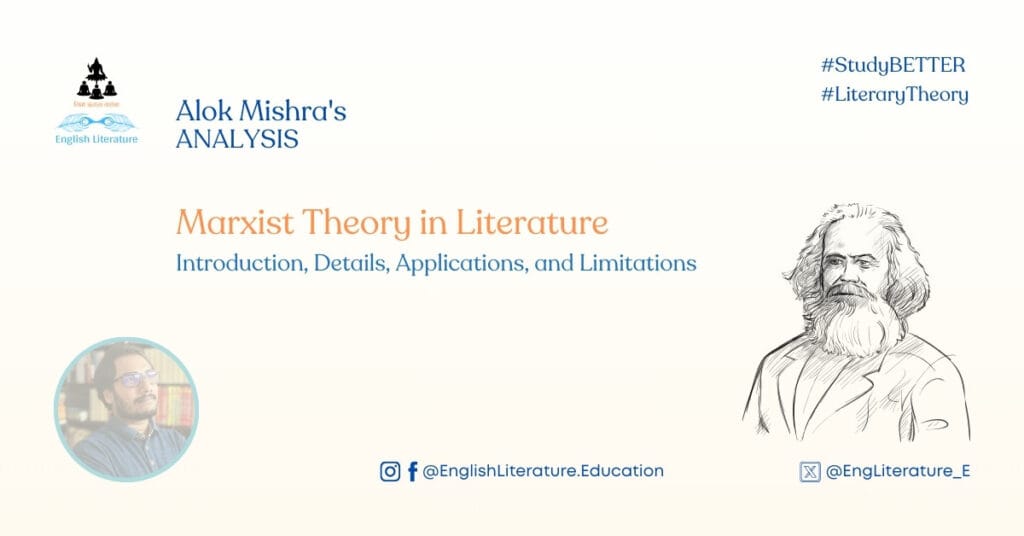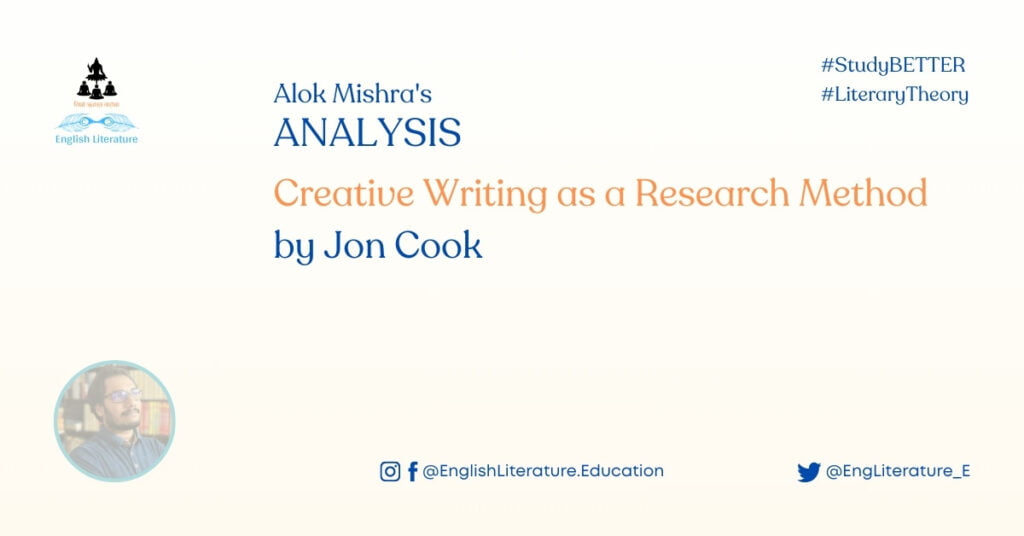Ecocriticism without the concept of nature is hollow. For Ecocriticism to exist in theory, there must be the belief of a centre and at the centre, only nature can exist. As a literary theory, Ecocriticism looks to investigate various roles that nature plays in human lives, the development of human history and the ongoing flux called humanity. However, there are also other devastating dimensions attached to nature’s role. Here are two basic questions that will clarify many things for students who want to know the role of nature in human lives. Alok Mishra, a noted English literature personality in India, answers the questions below.
1. How is nature, not just as the stage upon which the human story is acted out, but as an actor in the drama?
Answer: This is what the basic task of an ecocritic is. To find out the instances where nature has been portrayed as an active entity taking part in the proceedings rather than sitting back and let things happen. In the works of Thomas Hardy, one can see that nature is active, very much present and it goes forward as the characters go. In the works of Wordsworth, majorly in The Prelude, we always get to know about nature – saying something, following the poet, playing with him and so on. And Wordsworth acknowledges that with his poetical acumen wonderfully. Relating it to our lives, out of the books of literature, we always grow up with nature. A person growing up in a village very much realises the role of trees, Sun and rivers in his upbringing. When we love nature, it loves us back. When we harm it, it harms us back. T. S. Eliot (consciously or unconsciously) draws our attention to this in his work The Waste Land.
“And the dead tree gives no shelter, the cricket no relief,
And the dry stone no sound of water.”
He also brings to our attention the smoke going out of the chimney and plastic bottles in the pond. It was almost a century ago! So, nature has always tried to assert its presence in our life in various ways. The example that can be taken is the phenomenon called Global Warming. We are all worried about our lives today but did we think before making a mess of our atmosphere?
2. Can nature be a destroyer of human lives? Do you have examples in literature?
Answer: Absolutely yes! Right from the beginning, the Biblical deluge or what we have in India, the Brah Avatar of Lord Vishnu amidst the massive flood that threatened the entire human race. If we take into consideration this mythological literature (as many suppose them to be), we will have plenty of examples. In literature, Nature has been several times shown as a destroyer of human lives. In the works of literature, the depiction of flood, drought, violent animals who kill people, spontaneous fire… all these are the examples of nature as a destroyer of human lives and a threat to it. In the short stories of Philippine author Satur P. Apoyon, there are several instances of flood and other natural disasters that swallow human lives. In the novel The Hungry Tide by Amitav Ghosh, the ocean and storm are shown as an active threat to many human lives and swallow some of them as well. In the literature in regional languages of India, there are many examples of floods and droughts that claimed several thousand people. Ultimately, a writer writes what he sees or what he can imagine and imagination is seldom a too distant companion of reality. So, we can always hope that like movies, there will be many books in the future that talk about global warming and its possible impact on humanity. Moreover, as we have seen many examples of celebration of nature in the works of Romantic writers, we will certainly see the angry nature in action – it has been altered already and now we will see the repercussions of it.




3 Comments. Leave new
I need literary works with focus on the environment
The Road is a 2006 post-apocalyptic novel by American writer Cormac McCarthy, epic of gilgamesh, the hungry tide by amitabh gosh, silence by don delilo
The Road byCormac McCarthy, epic of gilgamesh, the hungry tide by amitabh gosh, silence by don delilo